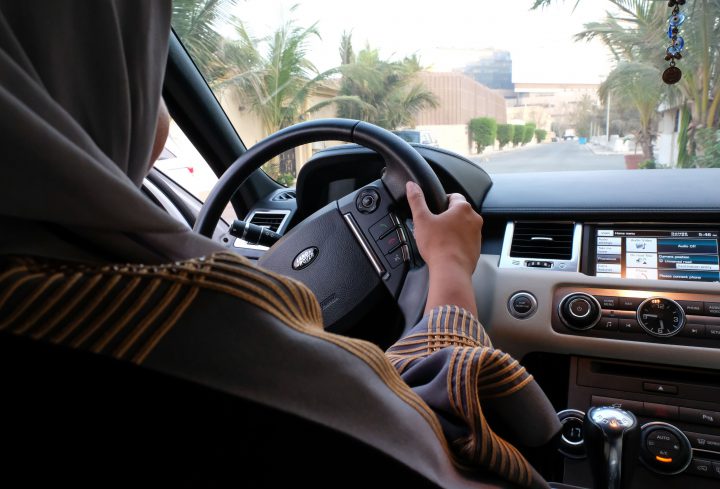BEIRUT — Saudi women will not only be allowed to get behind the wheel of a car for the first time next summer, they will also be able to ride motorcycles and drive trucks, the information ministry said on Monday.

In September, King Salman issued a decree ordering an end by next year to the kingdom’s ban on women drivers, a conservative tradition seen by rights campaigners as an emblem of women’s suppression.
READ MORE: Saudi Arabia announces it will let women drive
The ministry’s international communications center tweeted information from the department of traffic, using graphics to make clear that women would be allowed to drive both motorbikes and trucks.
It said harassment of female drivers would not be tolerated and there would be no discrimination between men and women in enforcing traffic laws and regulations.
WATCH: Coca-Cola ad has Saudi Arabia dad teaching daughter how to drive

Women with international driving licenses can hit the road without going to local driving schools, the tweet said.

Get daily National news
For more than 25 years, women activists have campaigned to be allowed to drive, defiantly taking to the road, petitioning the king and posting videos of themselves at the wheel on social media. The protests brought arrests and harassment.
READ MORE: Saudi woman arrested for wearing skirt released without charges
The deeply conservative Muslim kingdom has announced a raft of reforms recently, from lifting a 35-year-old ban on cinemas this month to allowing women into sports stadiums next year.
The economic and social reform program led by Crown Prince Mohammed bin Salman aims to open up cloistered lifestyles, shaped in part by a strict, conservative version of Sunni Islam that limits the role of women.
WATCH: Saudi women attend first public sporting event

Despite some steps forward, the gender-segregated nation, where women are bound by law to wear long robes and a headscarf, has been criticized for its continued constraints on women.
Activists have blasted the country’s guardianship system which requires a male family member to grant permission for a woman to study abroad, travel and other activities.







Comments